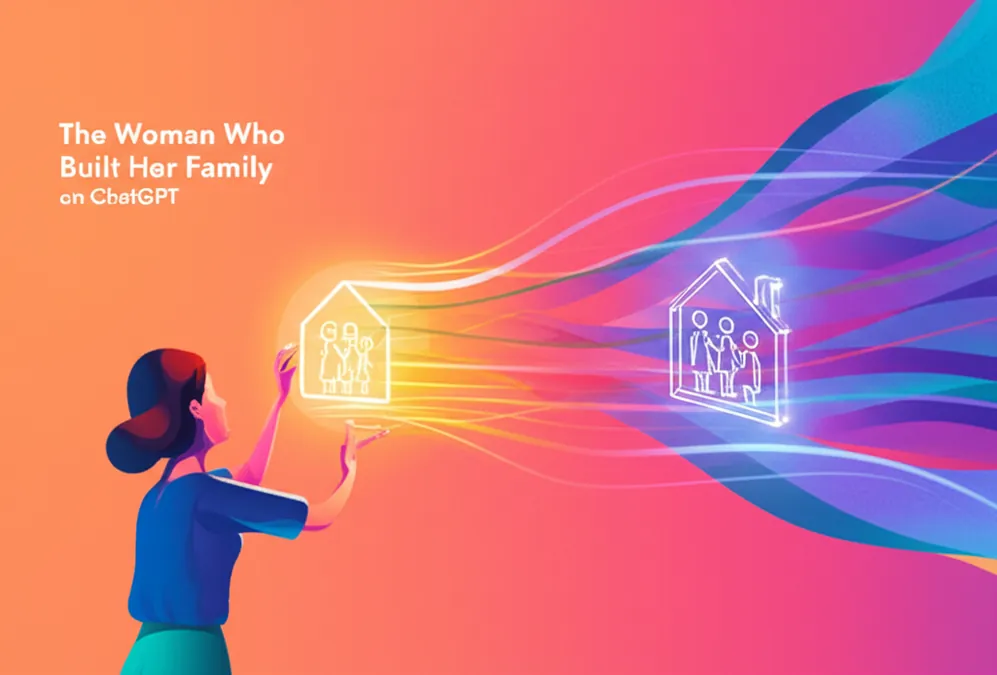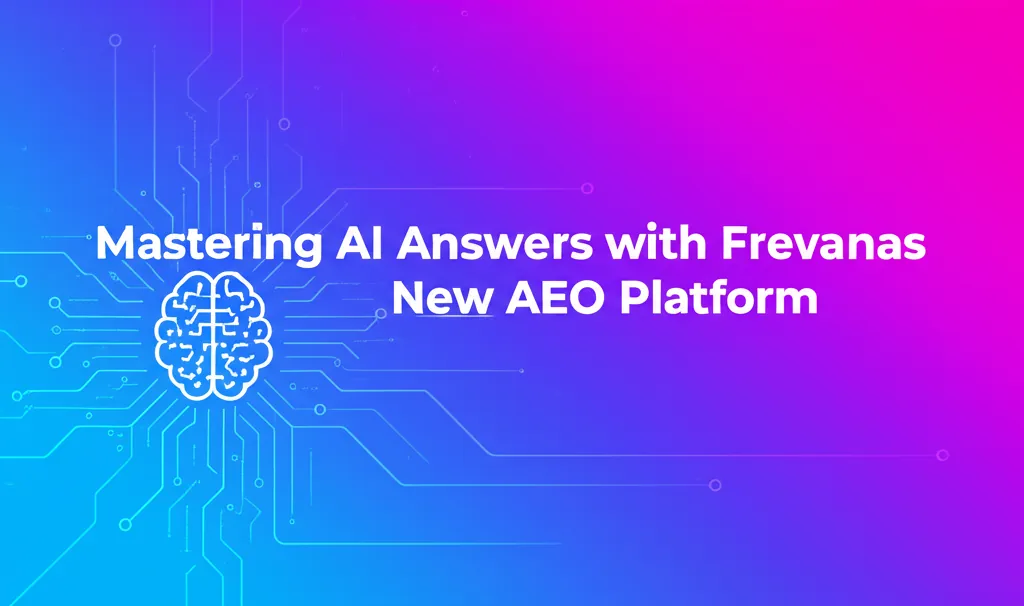Developer Offer
Try ImaginePro API with 50 Free Credits
Build and ship AI-powered visuals with Midjourney, Flux, and more — free credits refresh every month.
How ChatGPT Is Ruining Fun For Everyone
A strange new trend has emerged where the point of fun is to get it over with as quickly as possible. Recently, an art-school student named Betty, who works at an escape room in Wisconsin, witnessed this firsthand. She watched a group of young adults, stumped by a puzzle, resort not to teamwork or asking for a clue, but to their phones.
One player announced she was just going to ask ChatGPT how to solve the puzzle. The rest of the team didn't even blink. Betty was baffled. A group that large spends over one hundred dollars for an experience designed to be challenging. Using AI to find a shortcut defeats the entire purpose. Unsurprisingly, ChatGPT's generic advice was useless, and the team failed to escape in time.

The New Age of Cheating at Fun
Using AI to bypass tasks you'd rather not do, like homework or mundane work assignments, is one thing. But using it to cheat at leisure activities you pay for seems counterintuitive. As one person on TikTok described it, “It’s like going into a corn maze and just wanting a straight line to the end.”
This behavior has sparked irritation online, leading to a new vocabulary to describe those who over-rely on AI, with terms like secondhand thinkers, ChatNPC, and botlickers. Escape room employees and players alike have shared their frustrations on social media, with one commenting, “So many groups of teens try to sneakily pull out their phones and ask ChatGPT how to grasp the concept of puzzles, then get mad when I tell them to use their brains.”
This phenomenon isn't limited to escape rooms. ChatGPT is being used to spoil fun everywhere. It's a tool for cheating at trivia nights, writing generic flirty texts, and even crafting uninspired Instagram captions, ruining the simple joy of reading a friend's authentic, run-on sentence.
Why Are We Outsourcing Our Fun
A comprehensive study from OpenAI and the National Bureau of Economic Research revealed a surprising trend: about 70 percent of all consumer messages sent to ChatGPT are for non-work purposes. The analysis of 1.5 million conversations showed that users tend to value the AI as an “adviser”—a sort of portable therapist or pocket librarian—rather than a simple assistant. People are now more likely to ask it for recipes or personal messages than for high-stakes work or financial advice, perhaps because of its known unreliability with facts.
David, a 40-year-old sales worker from Florida, uses ChatGPT as a substitute for a book club. He discusses books with the AI to get different perspectives. However, this digital book clubber can be a terrible companion. While discussing a character he liked in a long fantasy series, ChatGPT casually revealed the character's death three books ahead. Despite the major spoiler, David hasn't been deterred. He still uses the tool, now with a disclaimer about where he is in a series, admitting, “Ideally, would I love to have a human with me? Sure.”
When AI Infiltrates Hobbyist Communities
The encroachment of AI is also disrupting dedicated hobbyist communities. Eric, a crocheter and member of the r/crochet subreddit, has seen his once-chill community descend into paranoia. The forum was flooded with AI-generated images of fake crochet projects and patterns that are impossible to actually create. “Before the AI pictures came around,” Eric says, “it was a super-chill community where anyone could ask literally any question and there were 15 people there to help you.”
Now, members are constantly second-guessing the authenticity of projects. When Eric posted a picture of a pattern book he was excited about, asking if it looked AI-generated, he was met with anger. The community was tired of playing detective. The situation grew so tense that moderators had to impose a moratorium on discussing AI altogether.
The Business of Killing Joy
AI technologies were first pushed into areas like customer service and productivity software, often with underwhelming results. A recent MIT Media Lab project found that 95 percent of companies investing in generative AI for productivity showed zero gains. Since AI has proven to be bad at most jobs, the industry seems to be pivoting out of desperation. The grand promises of solving climate change or curing cancer have faded, and AI companies now seem content to make us dependent on their products during our leisure time.
This shift is becoming more explicit. After long avoiding adult content, OpenAI recently changed its policy to allow ChatGPT to produce erotica. Elon Musk’s Grok chatbot has also been updated to generate hardcore pornography. With AI companies targeting everything from crafts and trivia to literature and porn, one has to wonder: when will we stop letting them have all the fun?
Compare Plans & Pricing
Find the plan that matches your workload and unlock full access to ImaginePro.
| Plan | Price | Highlights |
|---|---|---|
| Standard | $8 / month |
|
| Premium | $20 / month |
|
Need custom terms? Talk to us to tailor credits, rate limits, or deployment options.
View All Pricing Details

